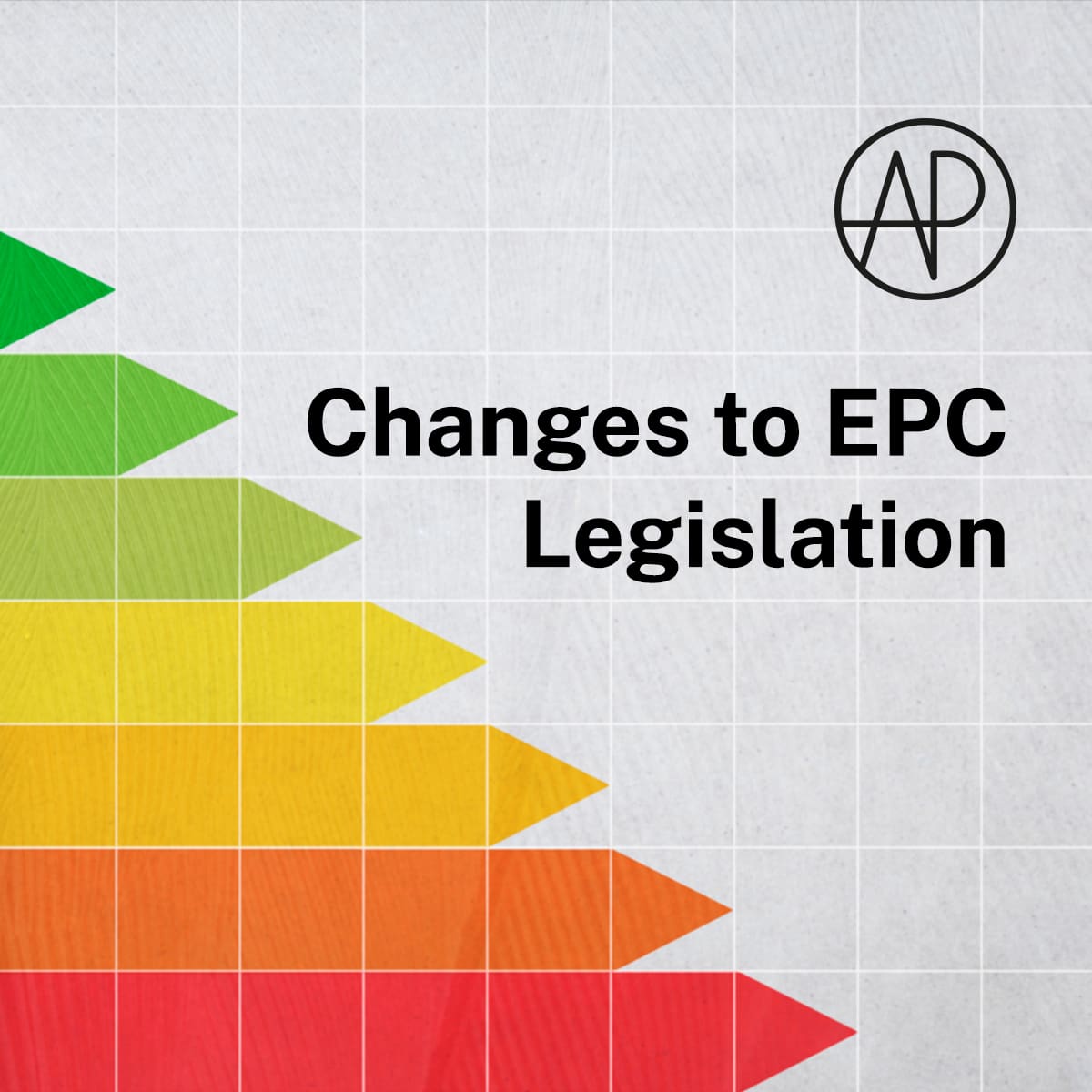The UK government is set to introduce significant updates to Energy Performance Certificate (EPC) legislation, which will have far-reaching effects for both homeowners and landlords. As part of the broader push towards energy efficiency and carbon reduction, these changes are designed to ensure that properties across the country meet higher energy performance standards. Here’s what you need to know about these changes and how they could affect you.
What is an EPC?
An Energy Performance Certificate (EPC) provides information about a property’s energy efficiency, including a rating from A (most efficient) to G (least efficient). The certificate also includes recommendations for improving the property’s energy efficiency, which can help reduce energy bills and carbon emissions.
Key Changes to EPC Legislation
Under the new regulations, all rental properties must have an EPC rating of C or above by 2025 for new tenancies and by 2028 for existing tenancies. This is a significant step up from the current minimum requirement of an E rating.
Impact on Property Sales
While the immediate focus is on rental properties, homeowners looking to sell may also be affected. Properties with higher energy efficiency ratings are likely to become more attractive to buyers, while those with lower ratings could see reduced marketability and potentially lower property prices in Worthing and Sussex.
Potential Fines for Non-Compliance
Landlords who fail to meet the new minimum standards could face fines of up to £30,000 per property. This highlights the importance of early action to ensure compliance.
How to Improve Your EPC Rating
Improving your property’s EPC rating can be achieved through a variety of measures, many of which can also lower your energy bills:
Insulation: Adding or upgrading loft, wall, and floor insulation is one of the most effective ways to boost energy efficiency.
Heating Systems: Consider upgrading to a more efficient boiler or installing a heat pump. Modern heating systems are more energy-efficient and can significantly improve your EPC rating.
Windows and Doors: Replacing old, single-glazed windows with double or triple glazing can help retain heat and improve your rating.
Renewable Energy Sources: Installing solar panels or other renewable energy systems can not only increase your EPC rating but also make your property more attractive to eco-conscious buyers and tenants.
EPC Advice For Landlords
Start assessing your properties now to identify improvements needed to meet the new EPC requirements. Factor in the cost of any necessary upgrades when planning your finances. Consult with property experts and energy assessors to develop a plan that ensures compliance without unnecessary expense.
EPC Advice For Homeowners
Even if you’re not currently planning to sell your home, improving your EPC rating now can increase the value and appeal of your property in the future. If you’re planning to sell, a higher EPC rating can be a strong selling point in a market increasingly focused on sustainability.
Why It Matters for the Property Market
As property experts in Sussex, we anticipate that these changes will have a considerable impact on the local market. Properties with higher energy efficiency ratings will likely see increased demand, while those requiring significant upgrades could experience longer selling times and lower offers.
Need Help Navigating EPC Changes?
At Alexander Philips, we’re here to help homeowners and landlords navigate the upcoming changes to EPC legislation. Whether you’re looking to sell, buy, or rent out a property, our team of property experts can guide you through the process, ensuring you stay compliant and make informed decisions.

